On Memorial Day, while Israel paused to honor its fallen soldiers, one of the country’s most symbolic roads suddenly caught fire. Highway 1—the lifeline connecting Jerusalem and Tel Aviv—was closed. Smoke, fire, panic. Was it simply a natural phenomenon? Or perhaps a sign? People were trapped between the Latrun Monastery and the eastbound ramp, fleeing on foot to the west from the flames. This scene conjured up a harrowing image of our torn society. The external fire reflects an internal fire. The hatred that blazes today between the camps, between Jerusalem and Tel Aviv, between right and left, between religious and secular, is constantly igniting new fronts. One could say: the fire raging from without reflects an out-of-control fire within. This experience moved me deeply—for we too live in a moshav in the wooded mountains of Jerusalem. After work yesterday, we had to take a detour home, accompanied by the disturbing sight of smoke rising on the horizon.
In the Bible, fire is never just a force of nature. It is language. When God speaks to Moses, it happens in the burning bush (Exodus 3). The prophet Elijah sees fire, storm, and earthquakes – but God’s voice is revealed in the “gentle whisper” that follows (1 Kings 19). Fire is a sign. It can mean judgment – but also purification, repentance. The only question is: Who sees? Who hears?
Even in Jewish history, we read that 40 years before the destruction of the Second Temple, the gates of the sanctuary opened of their own accord, as if the building were announcing its own end. But the people continued to fight among themselves – until their destruction. Even today, it’s not just forests that are burning. Our society is in flames. Between military conscription and religious duty, between political camps, between two worldviews for the State of Israel.
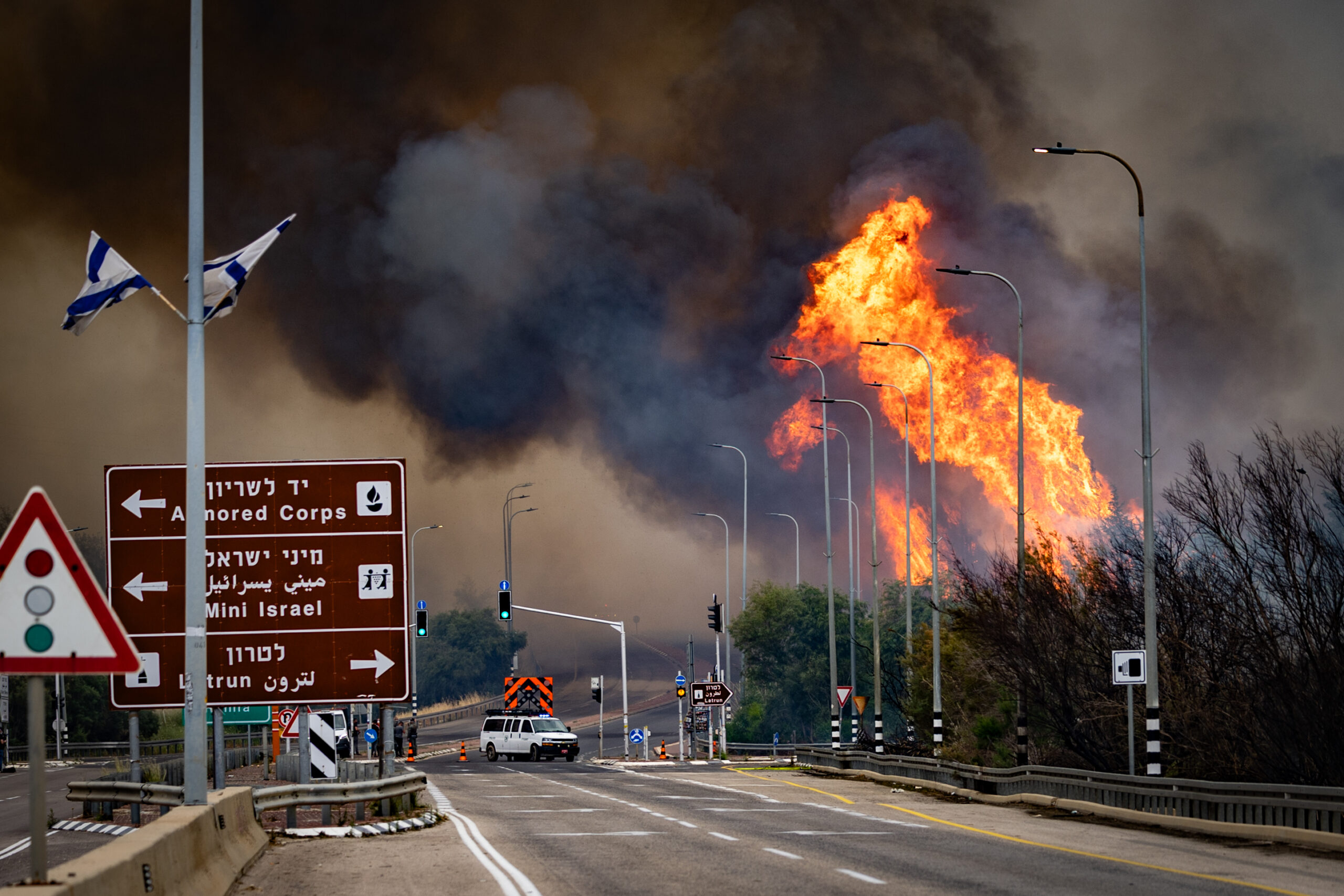
Like the prophet Jeremiah, whose broken jar was a parable of the coming disaster, and no one wanted to hear it (Jeremiah 19). Like Jesus of Nazareth, who wept over Jerusalem and said, “If you had only known today what would bring you peace!” (Luke 19). Perhaps it was “just” a forest fire. But perhaps it was also a wake-up call from above. A call: Stop burning one another! Extinguish the inner fires before it’s too late.
Road No. 1 is not just a traffic route. It symbolizes the central task of our generation. Some 1,500 people died on the way to Jerusalem in the 1948 War of Independence. Today, no convoys are burning, but the tensions between worldviews, groups, and ideologies are constantly igniting new fires. Therefore, it became a memorial and a symbol of the connection between two poles of Israel: the mountainous, spiritually nationalistic Jerusalem, and the flat, pragmatically universal Tel Aviv. This connection is not merely geographical—it is existential.
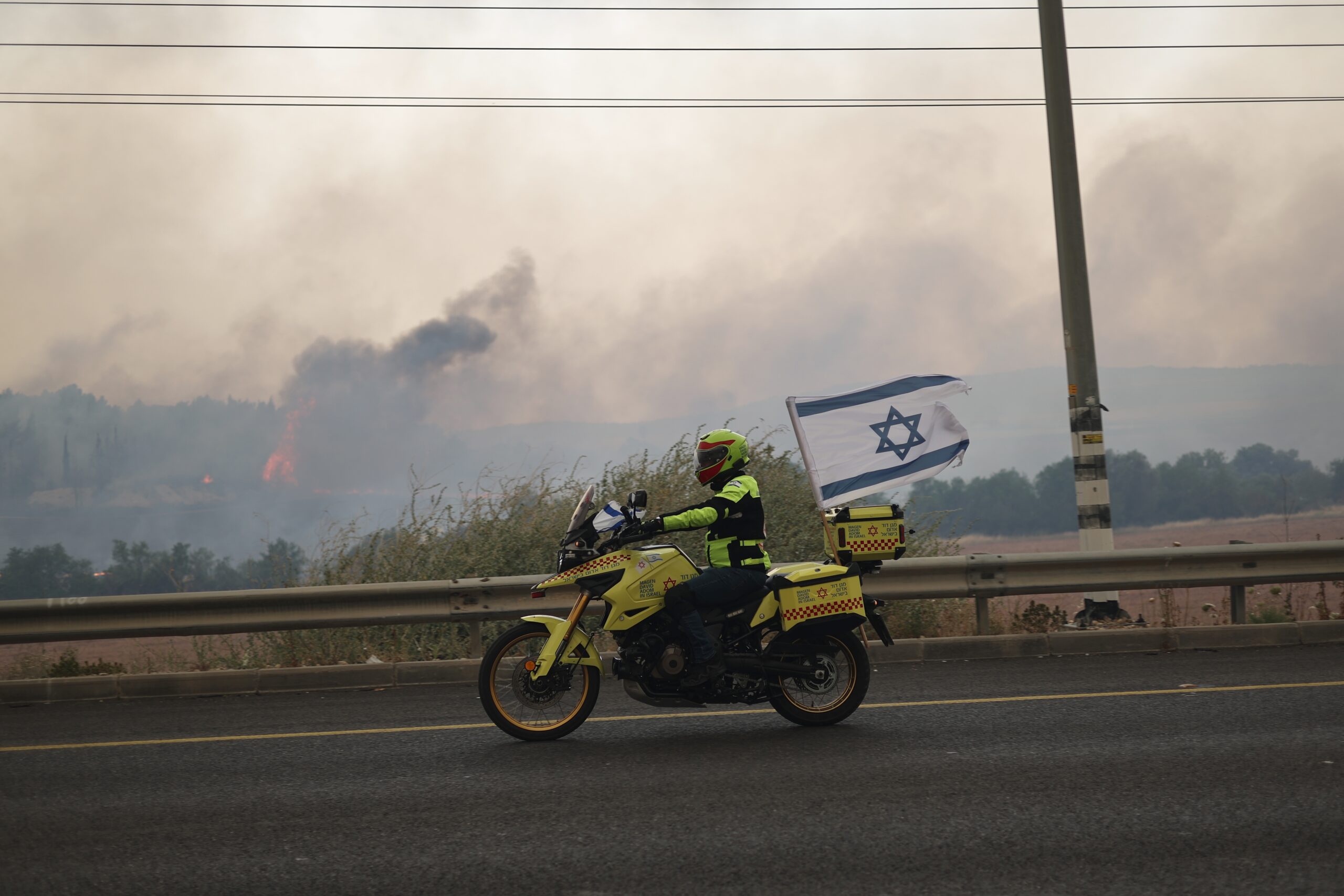
Religious Jews have always lived on the heights of Jerusalem, because that’s where the Temple stood. The coastal plain, on the other hand, has always been the center of the secular, economically powerful Jewish population. And it is precisely these contradictions that make our society fruitful – as long as we unite them instead of turning them against each other.
Of course, there are external enemies, and yes, that is Israel’s great task for survival. But as long as we are busy fighting each other, it is difficult to defeat those who truly want to destroy us. We have bitterly learned this painful lesson over the past two years. When divisions become too deep, the enemy senses weakness – and strikes.
On October 7, Hamas saw our inner turmoil and attacked. But in the days that followed, we woke up, put aside many points of contention, recognized their relative insignificance – and became a united, powerful nation. But now? Now there are voices that want to return. That want to rekindle the fire.
While Israel honors its dead and strives for unity, Palestinian social media channels have deliberately spread calls for arson. This isn’t a symbolic provocation—it’s terror in flames. At least three suspects have already been arrested. The fires currently ravaging the entrance to Jerusalem aren’t just natural disasters. Many are considered deliberate, and they strike the country at a time of greatest domestic tension. Extremely strong easterly winds provide the perpetrators with ideal conditions. They know exactly what they’re doing; fire becomes a targeted weapon against Israel.
Too often, even in discussions with friends, I experience one person demonizing the government while the other hates the left-wing elite. Both sides love the country, but they hold different visions of it. Recently, I even had to reprimand a participant in a Zoom meeting who was angry with Israel’s domestic intelligence chief, Ronen Bar. It is this mutual burning that paralyzes us, just as the fire on Highway 1 severed the connection between cities and worldviews in the nation of Israel.
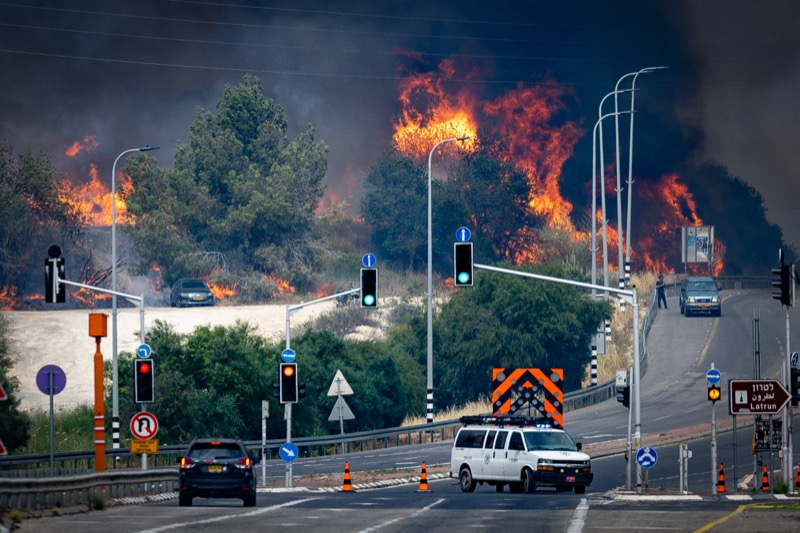
I would have liked to have written more hopeful words for Independence Day. But I don’t want to be blind to the symbolism of these events. It’s more than a coincidence that, on the very day that we commemorate the fallen – 25,420 in number since the founding of the State of Israel – the very road that represents the country’s unifying force is ablaze. Do the signs need to scream any louder? Does the signal of shock need to be any clearer? We must come to our senses and extinguish the fires between us. Due to the strong easterly winds and the widespread wildfires, the official independence celebrations on Jerusalem’s Mount Herzl were canceled last night. Instead, Israeli television broadcast a pre-recorded dress rehearsal.
Now is not the time to interpret who is “to blame.” It is the time to see signs, understand them, and act. The fires may serve as a warning to us: if we fail to protect the road between Jerusalem and Tel Aviv, between vision and reality, between holiness and everyday life, between right and left – we will lose as a people.
The question is not whether the fire was “divinely sent.” Rather, what do we do with the moment? Repress it or interpret it? The Bible knows the “moment of realization.” When David is confronted with his abuse of power, he cries out: “I have sinned.” When Nineveh is warned, it turns around and is spared. Such signs are not threats, but invitations to repentance. To reconciliation. In this sense, the burning road to the capital is a mirror. If we do not keep the path open to one another in Israeli society, if we allow fanaticism, fear, and hatred to set the tone, we will set ourselves ablaze.
Want more news from Israel?
Click Here to sign up for our FREE daily email updates


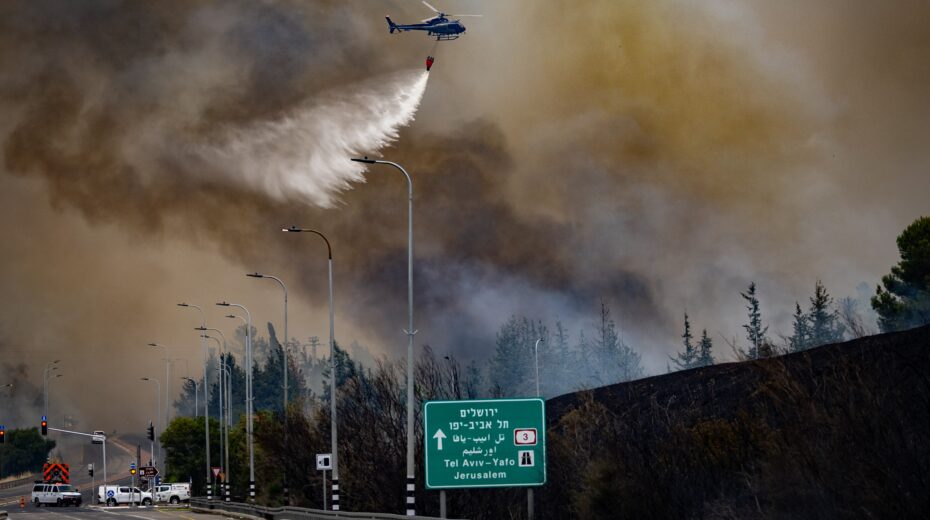





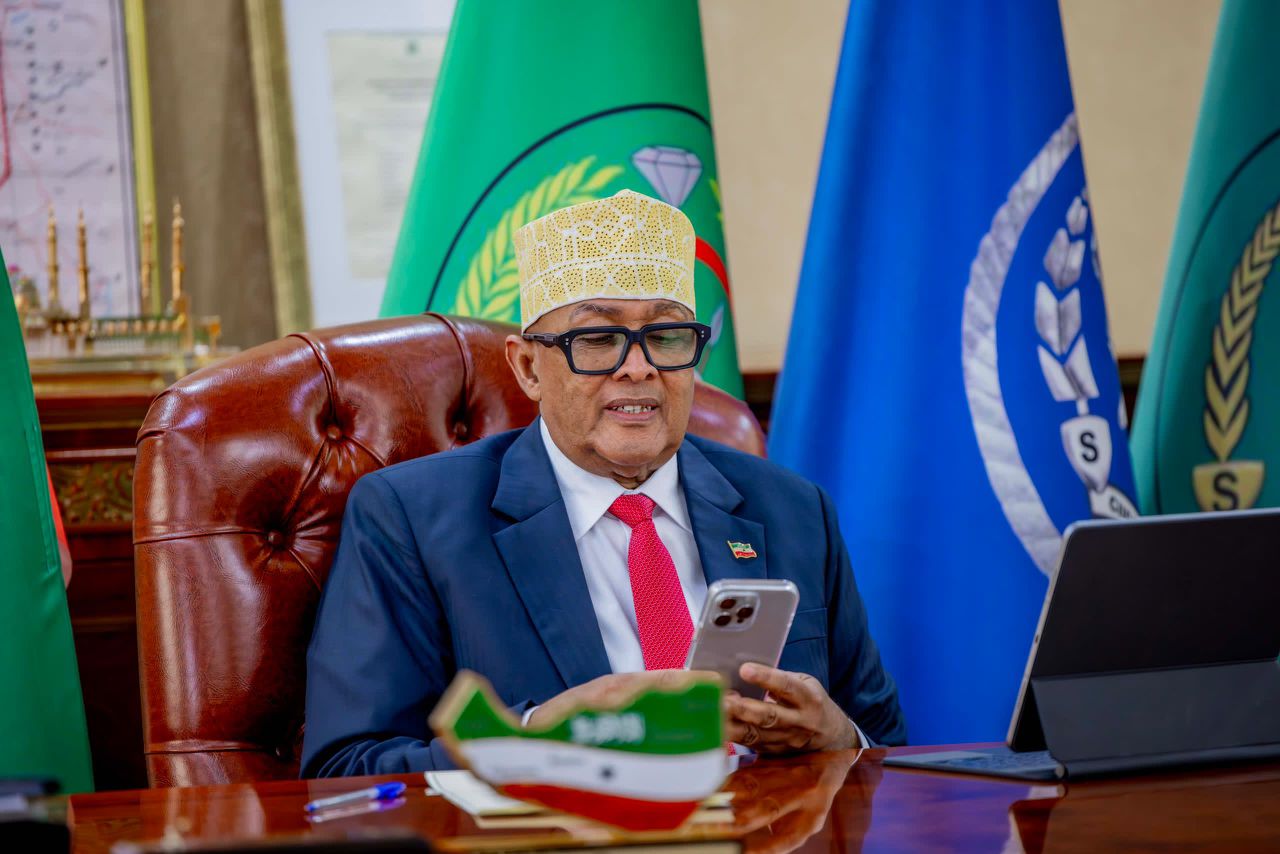

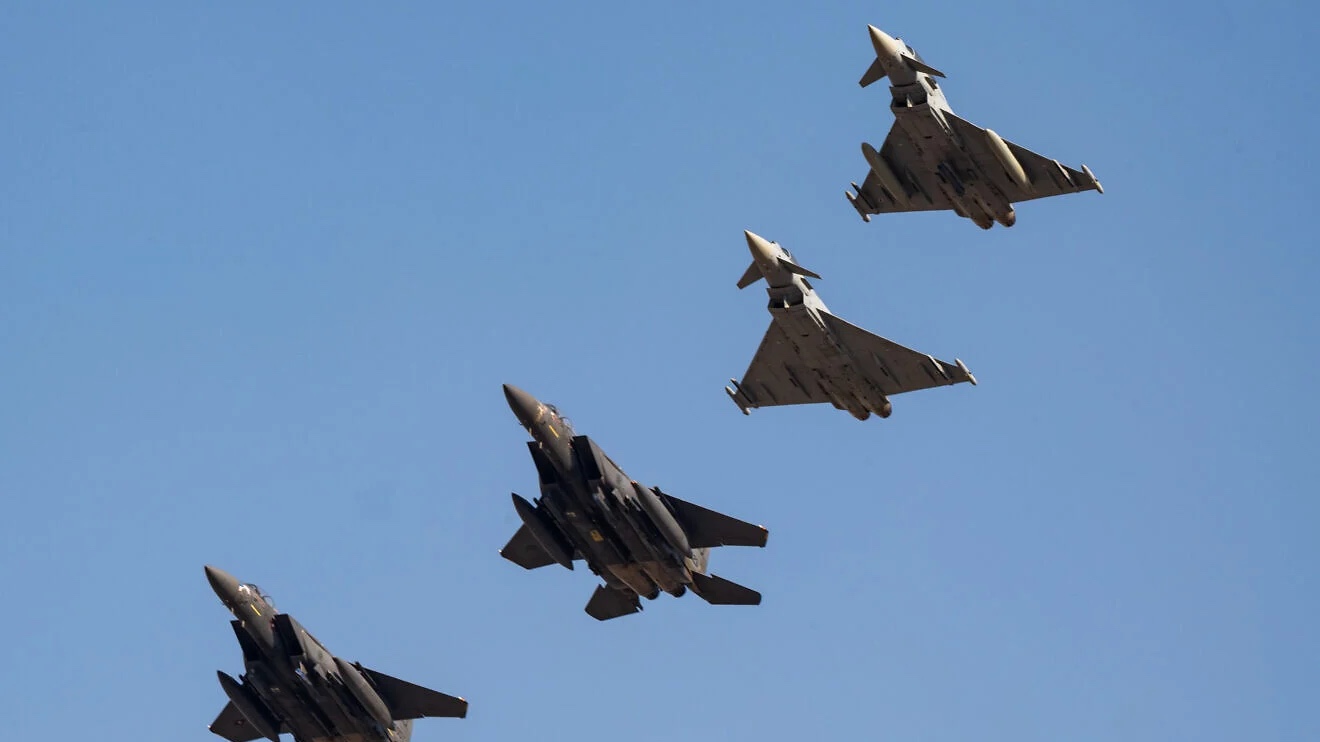
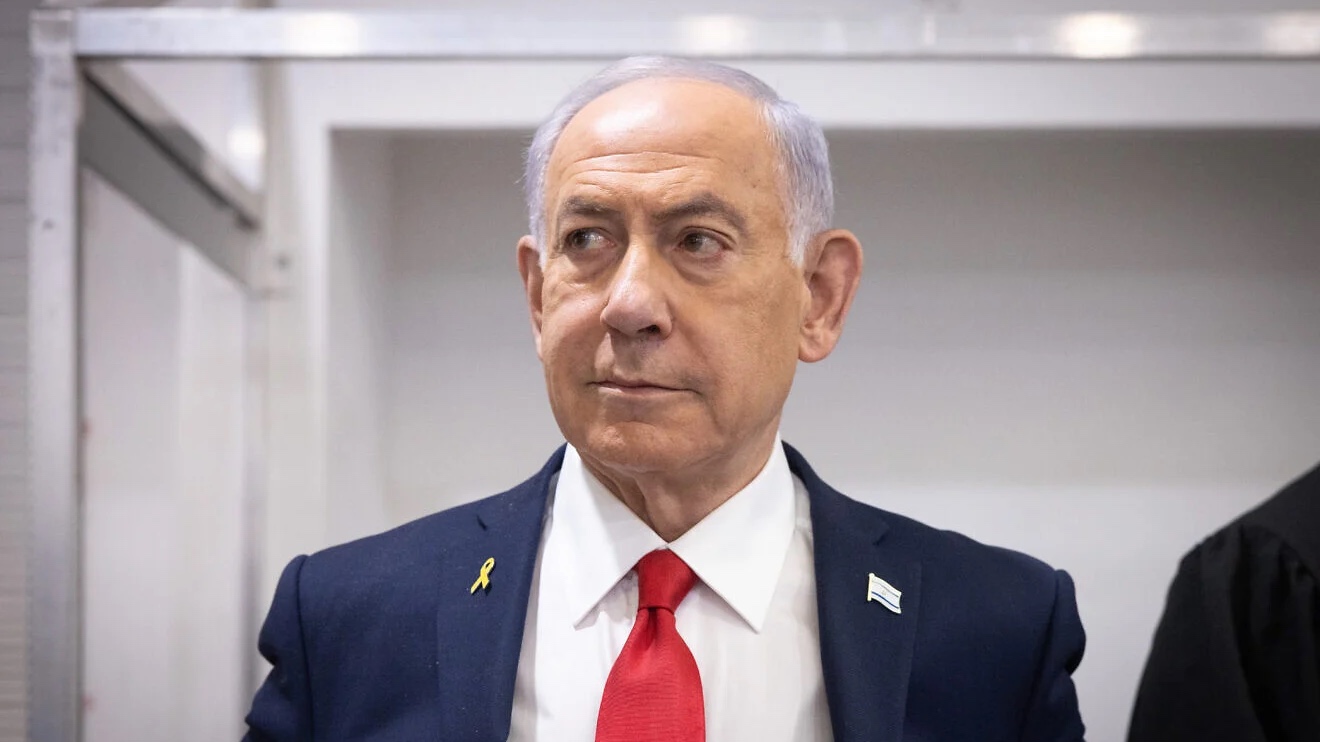



This could not have been put more beautifully or meaningfully!
Whoever we are, what ever we think, the starting point is found in Isaiah 53:6 ‘We all like sheep have gone astray, each of us has turned to our own way”. No wonder Hashem still needs to give us signs !
The word of the Lord has the answers the Israeli people need to be one people, but they will have to seek those answers from the Lord Himself to receive them.
My heart breaks for the people of Israel ❤️
I realise that there is always going to be division across all the nations, that is how the devil plots – but come on guys, really?? Israel can only win if united, God loves it when we dwell together in unity – that’s where He shows up (and when He shows up you know you’re gonna win!!)
Shalom, always…